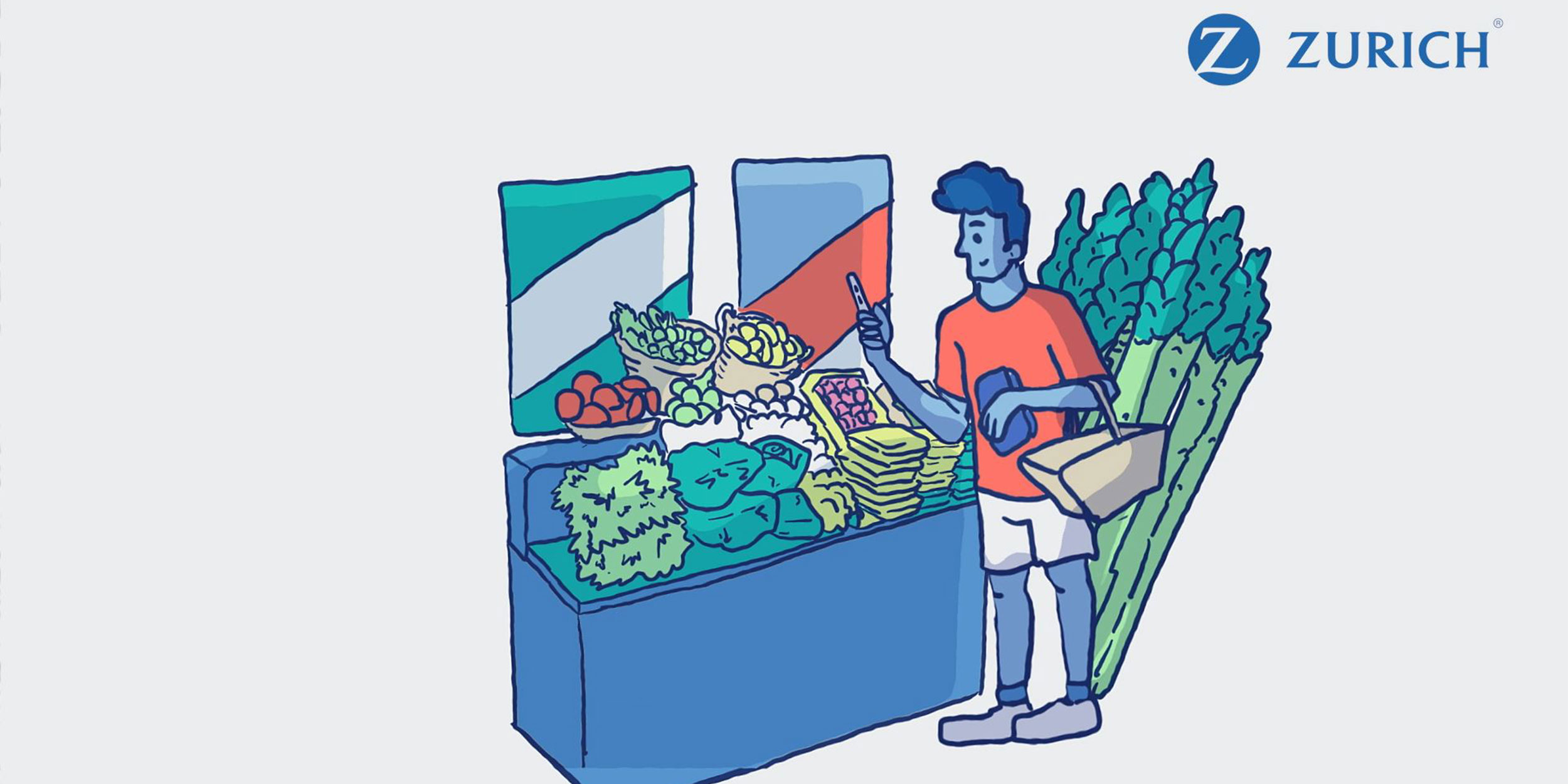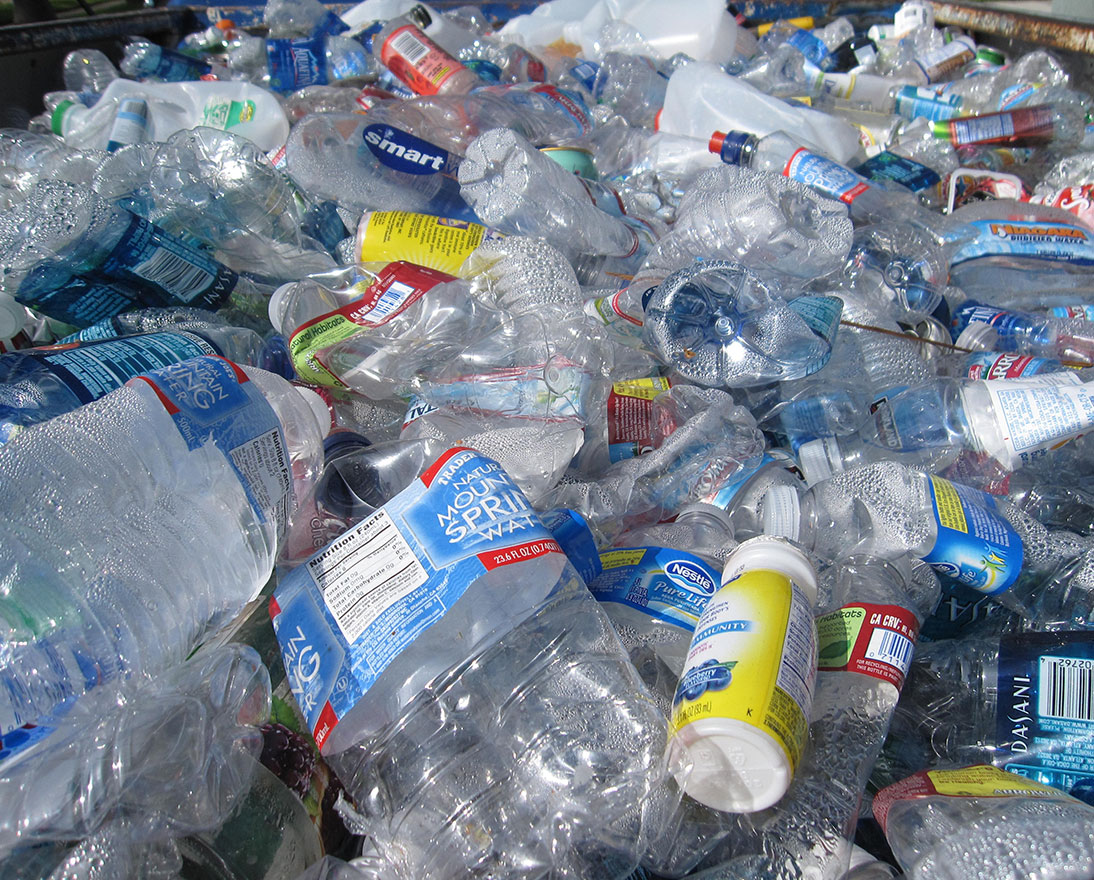We can fight climate change by simply reducing our food waste
SustainabilityArticleApril 27, 2022
Food waste is a huge contributor to climate change. We could all help the planet, save money and have healthier diets if we simply stopped wasting our food.
When you throw away leftovers you’re contributing to climate change. Which means every time you decide to save leftovers to eat another time, you’re playing your part when it comes to saving the planet. If we all stop wasting food, which isn’t beyond the bounds of possibility, we could cut greenhouse gas emissions by around 8 to 10 percent.
One of the biggest causes of climate change is the global food system which is responsible for about a quarter of all greenhouse gas emissions. These emissions are not just limited to carbon dioxide (CO2), our food system also produces a significant amount of methane, which is 28 times more powerful than CO2 at warming the planet. Methane is also produced when food is thrown away and goes to the landfill where it rots.
It’s estimated that a third of all the food produced in the world is thrown away before it even gets to the table, according to the UN. This waste then produces methane. These are just some of the many reasons — along with the amount of energy which goes into food production and the chemicals we use as fertilizers — why reducing food waste is such a priority. This could also be one of the easiest ways for us all to do something to help save the planet for future generations and do more to look after each other. But it requires everybody to play their part.
How to reduce food waste
Reducing your food waste can be easy and there are a number of different ways you can approach it. You could start by planning ahead, working out what you’re going to eat and when. This can help you have a more varied diet and ensure you’re going to use the ingredients you need. It also gives you an opportunity to plan how you will use leftovers, such as using leftover root vegetables to make a coleslaw.
Planning your meals for a week in advance is one of the most effective ways of reducing your food waste. It also makes it easier for you to change the way you shop to ensure you don’t over buy, which can also help you to save money.
If you’re wondering how you do this, why not try taking a “shelfie” – a photograph of what is on your shelves and in your fridge. This suggestion comes from WRAP’s Love Food Hate Waste campaign and lets you easily check what food you have at home while you’re out shopping.
Ignoring “best before” dates is another easy way to reduce your food waste. What really matters is the “use by” date. The best before date is about the quality of the food, while the use by date is about safety. A better understanding of these date marks can prevent and reduce food waste. For instance, a study by the European Commission estimates that up to 10 percent of the 88 million tonnes of food waste generated annually in the EU is linked to date marking.
Eating more of the food you’ve bought is another straightforward way to cut your waste. Did you know you can eat cauliflower leaves? Learning more about the food you eat and how to prepare it can help to make this process easier and more enjoyable.
Better storage means less waste
Better food storage is another simple method for cutting waste. If you use the right types of containers to store food in the fridge, it can make certain types of food last much longer. Freezing food is another way of getting food to last. If you’re able to master planning your meals, you could even try cooking in bulk and then freezing portions in batches, which could save you time in the week.
These are just some of the ways we can all start to reduce the amount of food waste we produce. If we all started to change our relationship to food at the same time, we could create a tidal wave of change which could significantly reduce the amount of greenhouse gases which in turn could halt the rate of global warming and limit climate change.
It’s by making small changes in our personal lives that we can start to create major changes. Just imagine what kind of impact reducing your own food waste could start to have.



